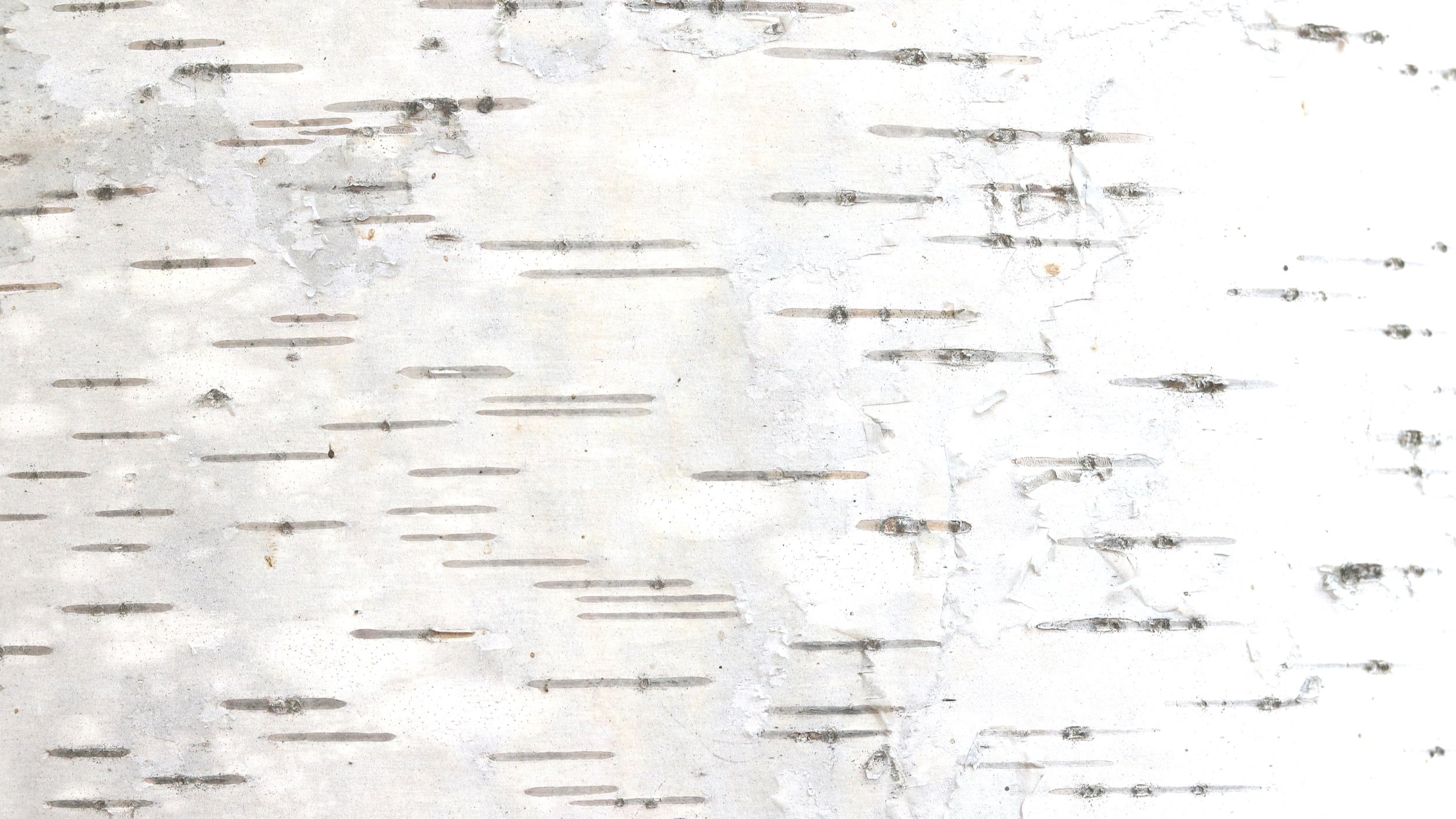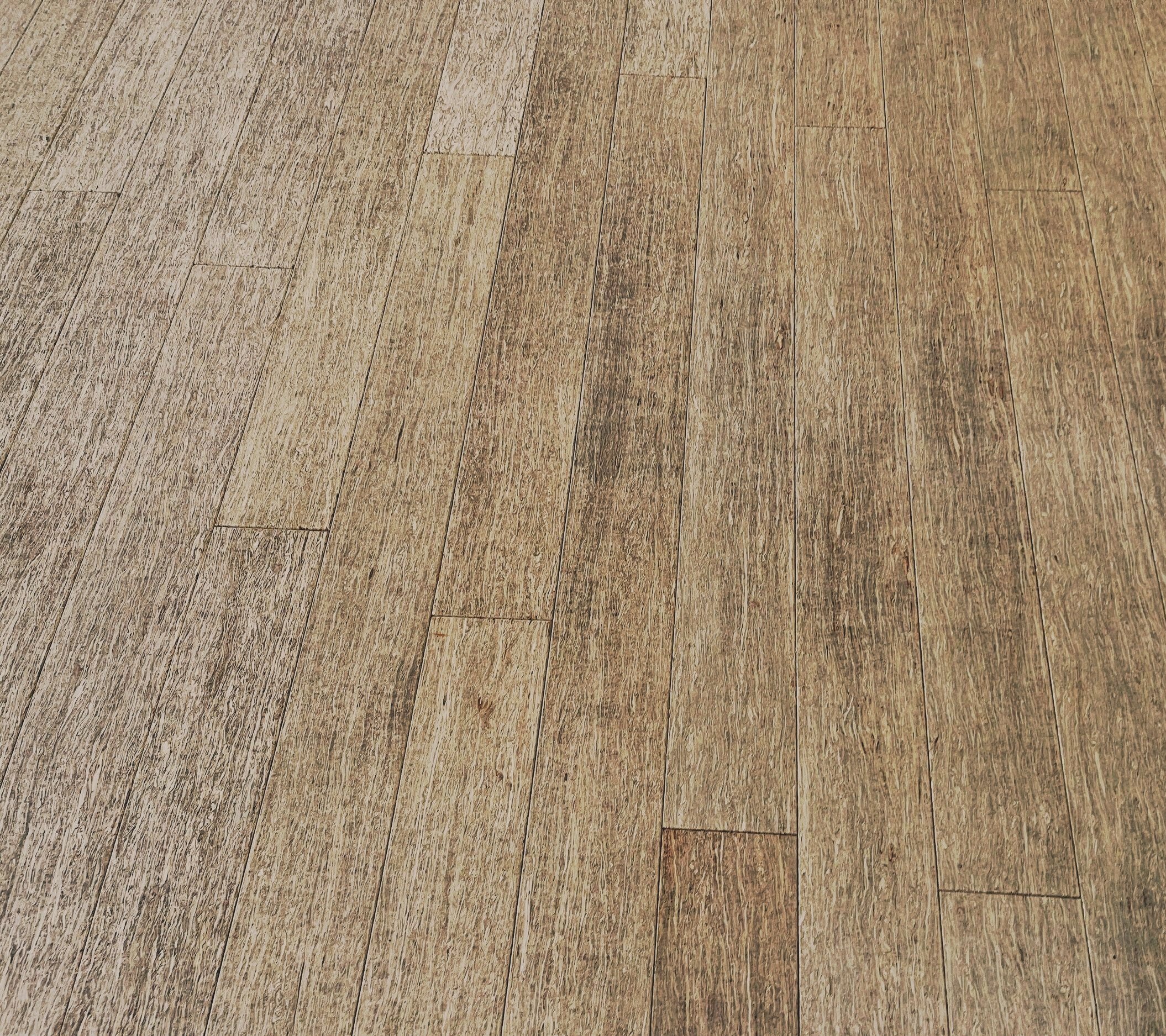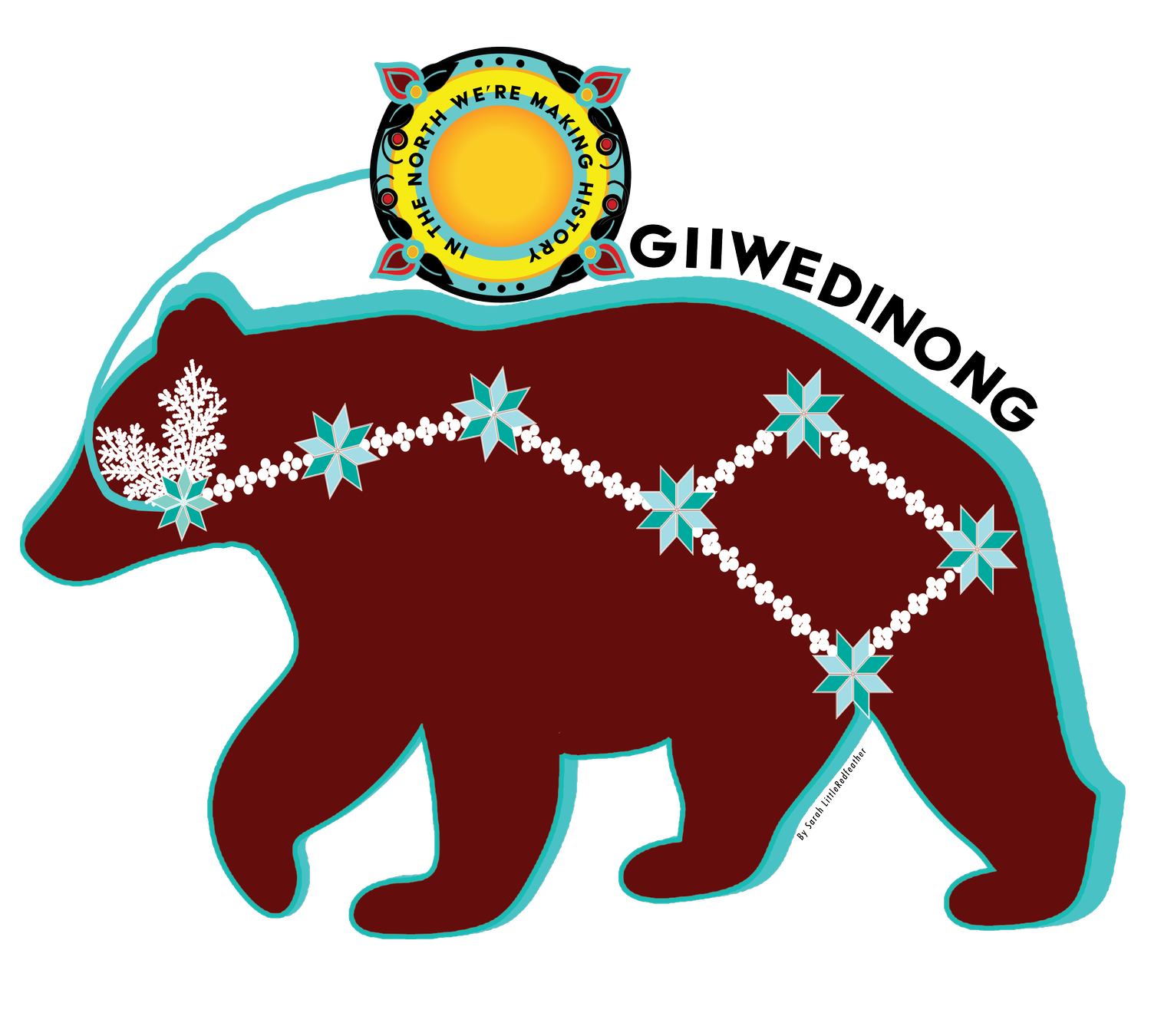
January - Gichi-manidoo-giizis
(gih-chih-muhn-ih-doo-ghee-ziss)
In the Ojibwe language, January can be referred to as "Gichi-manidoo-giizis," which translates to "Great Spirit Moon”. The moon around January is known as the Great Spirit Moon because it is a time to honor the silence and realize our place in all of creation, referencing the Great Mystery; the universe; the Creator.
Floral artwork by Bizaanideewin, Caitlin Newago, Bad River Band of Lake Superior Chippewa.
Bizaanide'ewin is an Ojibwe word, meaning “peace of heart”.
You may have heard the word “treaty” before, but what does it mean?
Do you know what it truly means to be “in treaty” with someone?
What does it signify to be in a deep and meaningful relationship provided by the agreements made in treaty talks?

Become a Founding Member!
As a Founding Member, your support will significantly contribute to the growth of this museum, allowing us to bring more vibrancy to our community and providing you with invitations to public and virtual events in the coming year, along with exclusive benefits.


Minnesota’s First Treaty Rights and Culture Museum
Resting In the Heart of the 1855 Treaty Territory of the Anishinaabeg
Giiwedinong serves as a destination for all those interested in the history of this land, including settler and Indigenous agreements, treaties, and its waters. We highlight historic exhibits alongside emerging artists to engage our youth, elders, and communities. In 2022, akiing.org, an Anishinaabe-led organization focused on restoration and community development, purchased the former Carnegie Library in Park Rapids, Minnesota, previously an Enbridge office, to create a museum of culture and treaty rights. Giiwedinong is dedicated to sharing the treaties, stories, and education of the deep north, extending from Wisconsin, Minnesota, North Dakota, and South Dakota.
We uplift and promote both emerging and established Indigenous artists in their diverse storytelling mediums. We understand that for art to be accessible, it must be integrated into the community, while promoting internal access to Indigenous peoples and external access as a means of advancing racial and social justice. We are committed to fostering dialogue and education on critical issues related to the intersections of Indigenous peoples, the environment, public policy, and fuel economies.
Giiwedinong is led by a team of Indigenous historians, artists, and local community members.
We are proud to have established the state’s first independently governed Native museum focused on treaty rights!

Featured Artist, Rabbett Strickland
Rabbett ‘Before Horses’ Strickland is an Anishinaabe member of the Red Cliff Band of Lake Superior Chippewa Indians of northern Wisconsin. Strickland grew up in the San Francisco Bay area with art as his constant lifestyle. His work has been influenced by European Renaissance and Baroque masters, including Botticelli, Michelangelo, Titian, Velasquez, Rubens and Leonardo, as well as Ojibwe oral tradition and sacred figures.
Strickland’s works each tell an individual story of ‘Nanaboozhoo’ (aka Wenaboozhoo, Manaboozhoo, etc.) that takes the viewer to new and unexpected realms of personal relevance and universally meaningful content. Strickland's art introduces viewers to this sacred half-man, half-spirit, who first appeared to the artist through his dreams. Nanaboozhoo is a highly complex character from Ojibwe sacred stories and oral history, both a creature of the earth and a shaper of creation.
Possessing supernatural powers, Nanaboozhoo creates medicines to heal the sick and give assistance to the weak and oppressed. But like humanity, Nanaboozhoo has been "subject to the need to learn.” Sometimes, he is an active participant in the painting; more often, he is a solemn witness.
The supreme being for Strickland's Nanaboozhoo interpretation is the Earth - referred to as Gichi Manidoo (Great Spirit). Nanaboozhoo is an emissary from Gitchi Manitou. In Strickland’s work, Nanaboozhoo did not come into the world, but rather came from it. Both spirit and human, Strickland’s Nanaboozhoo embodies that which everyone must decide: Are you a part of the earth, or did you come from someplace else? (Note: In most Anishinaabe circles, the earth (aki or shkaakaamikwe) and Gichi Manidoo are separate beings.)
What You Might Learn While You’re Here!
Treaties and Covenants: View and think about some of the Indigenous treaties and the thinking and intentions that went into these agreements, not only between people, but between people, the land, the waters, and the beings we share them with.
Language: See several different forms of writing and different Indigenous languages. We are proud to offer some of our own Anishinaabemowin (Anishinaabe language), and to share some of the ways that our peoples record our histories and write our previously unwritten languages.
Art: Observe several styles of both Ojibwe and Dakota art, featuring the original Anishinaabe doodemag (clans) mural by Brian Dow, Red Lake Anishinaabe, as well as an original art piece depicting the Sweet Corn Treaty by Inkpa Mani (click).
Water: Learn about the ever-changing waters of our home- the waters of now, the waters of our ancestors, and the waters of our descendants are all the same. You will have the opportunity to learn about how water is central to life on Mother Earth, and about the challenges we as Indigenous peoples face in protecting the lifeblood that we all share.
History: Immerse yourself in a rarely shared Indigenous narrative of Minnesota history. Some of this may feel unfamiliar and may be a bit uncomfortable. Know that our intention is to give our visitors an opportunity to view and more fully understand the history of the land and people, and to allow us all a space to have discussions and learn together.
Civil and Constitutional Rights and the ‘Rights of Nature’: You may read about a lot of people who have been arrested. That’s not easy to see, and at the same time, we hope you will come to understand more about these people, Water Protectors and Anishinaabe people, and understand the complex societies in which we find ourselves. Take this opportunity to understand our collective civil , constitutional, and treaty rights, as concepts.



